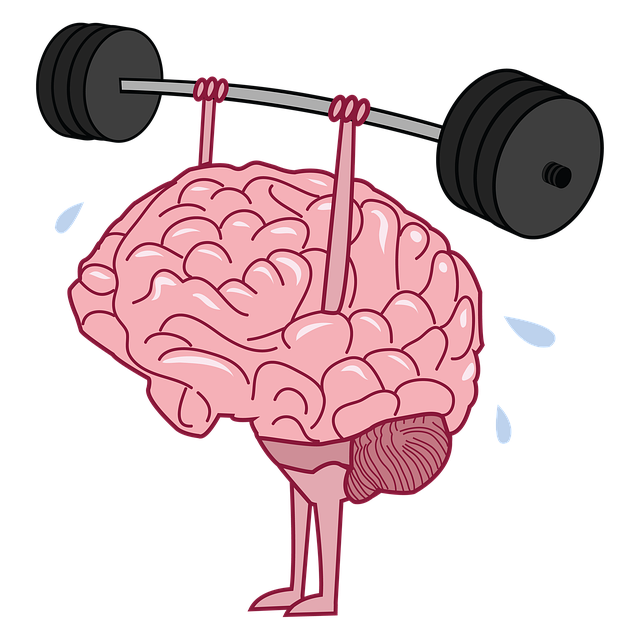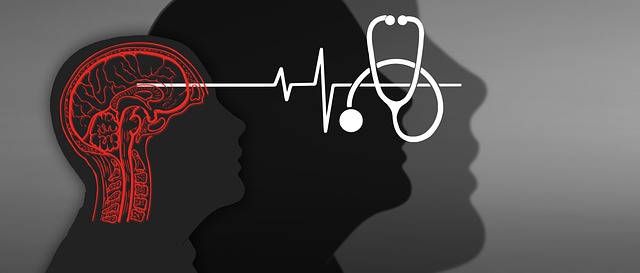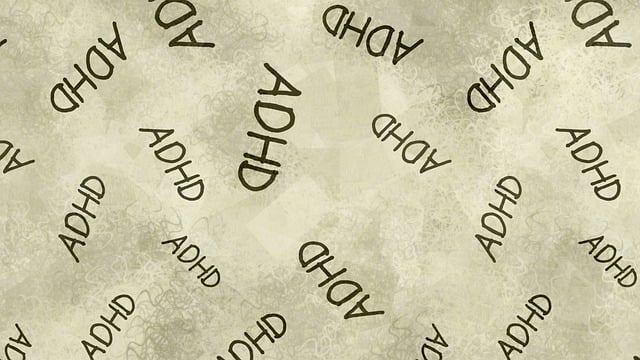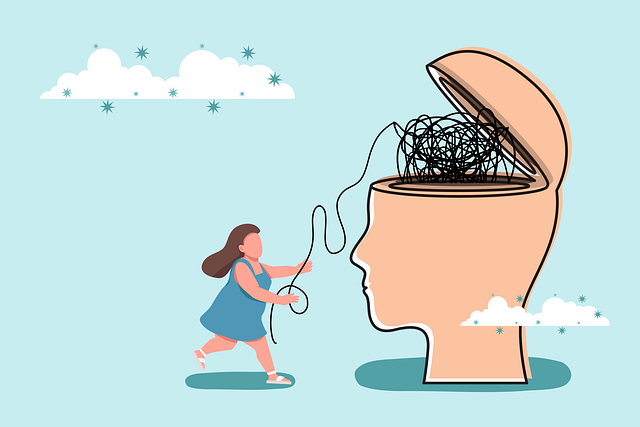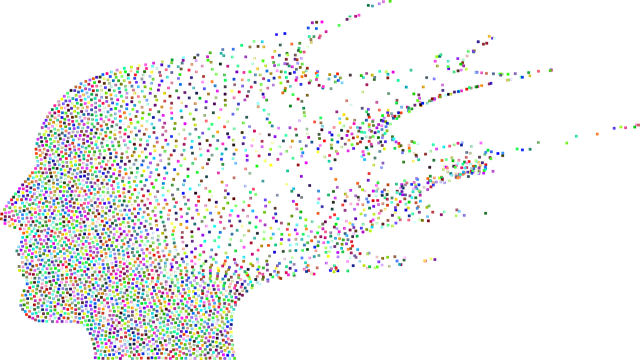Social Skills Training, enhanced by Superior Cognitive Behavioral Therapy (CBT), is a transformative approach to mental health care. CBT empowers individuals to manage anxiety, depression, and other conditions, improving social interactions and building resilience. By challenging negative thought patterns, replacing them with positive perspectives, and integrating journaling exercises, this therapy fosters self-awareness, reduces stigma, and enhances well-being. Integrating Social Skills Training into mental health plans is a game-changer, addressing the crucial link between social connections and overall wellness, leading to increased life satisfaction.
Social skills training is a powerful tool in managing mental health conditions, addressing a critical aspect often overlooked in traditional therapy. This article explores the interconnectedness of social interactions and mental well-being, highlighting how Superior Cognitive Behavioral Therapy (CBT) can effectively enhance social skills. We delve into practical strategies for training, offering insights on improving communication, building relationships, and integrating these techniques into comprehensive treatment plans for optimal patient outcomes.
- Understanding the Link Between Social Skills and Mental Health
- The Role of Cognitive Behavioral Therapy in Improving Social Skills
- Strategies for Effective Social Skills Training
- Integrating Social Skills Training into Comprehensive Treatment Plans
Understanding the Link Between Social Skills and Mental Health

Social skills are integral to our overall well-being, especially when it comes to mental health. The link between social connections and psychological resilience is a growing area of interest in the field of therapy. Many mental health conditions can isolate individuals, leading to feelings of loneliness and decreased self-worth. Superior Cognitive Behavioral Therapy (CBT) recognizes this relationship and integrates Social Skills Training to empower individuals with tools to navigate social interactions effectively.
By focusing on inner strength development, CBT helps clients build confidence in their ability to communicate, form connections, and manage emotions during social exchanges. This approach is particularly beneficial for those struggling with anxiety, depression, or other conditions that may hinder social participation. Moreover, Social Skills Training can serve as a powerful tool for burnout prevention, fostering healthier relationships and a sense of belonging, which are essential in managing long-term mental health effectively.
The Role of Cognitive Behavioral Therapy in Improving Social Skills

Cognitive Behavioral Therapy (CBT) has emerged as a powerful tool in the realm of mental health treatment, offering significant benefits for improving social skills among individuals dealing with various conditions. This superior therapy focuses on identifying and modifying negative thought patterns and behaviors, which can greatly impact an individual’s ability to engage socially. Through CBT, patients learn effective coping strategies and gain insights into their emotional responses, enabling them to navigate social situations more confidently.
One of the key strengths of CBT lies in its adaptability for various mental health issues. In community outreach program implementations targeting mental wellness, CBT is often coupled with journaling exercises to promote self-reflection and awareness. This technique encourages individuals to track their thoughts, emotions, and behaviors, fostering a deeper understanding of themselves and others. As a result, they can actively work towards reducing the stigma associated with mental illness while enhancing their social interactions.
Strategies for Effective Social Skills Training

Social Skills Training plays a pivotal role in managing mental health conditions, offering individuals valuable tools to navigate social interactions with confidence and ease. Effective programs often incorporate elements from Superior Cognitive Behavioral Therapy (CBT), focusing on identifying and modifying negative thought patterns that may hinder social engagement. By teaching individuals to challenge their distressing beliefs and replace them with more realistic and positive thoughts, these therapies enhance social competence.
Resilience building is another critical component, equipping participants with coping mechanisms to handle social challenges and reduce the risk of burnout, especially relevant for healthcare providers who often face high-stress environments. Public Awareness Campaigns development can also foster a supportive societal environment, reducing stigma and encouraging help-seeking behaviors. These strategies collectively contribute to improved mental well-being and enhanced quality of life for those managing mental health conditions.
Integrating Social Skills Training into Comprehensive Treatment Plans

Integrating Social Skills Training into comprehensive treatment plans is a game-changer in mental health care. It recognizes that improving social interactions and communication is a crucial component of overall wellness, often overlooked but profoundly impactful. This approach complements traditional Superior Cognitive Behavioral Therapy (CBT) by equipping individuals with practical tools to navigate social situations more effectively. By combining evidence-based therapy techniques with targeted social skills training, healthcare professionals can address the complex interplay between mental health conditions and social barriers.
This integrated strategy is particularly effective in enhancing mental wellness, as it promotes self-esteem improvement and fosters a sense of belonging. The Mental Wellness Podcast Series Production has highlighted numerous success stories where individuals struggled with isolation due to their condition but found solace through social skills training. Moreover, this approach aids in Self-Care Routine Development for Better Mental Health by teaching individuals how to initiate and maintain meaningful connections, thereby reducing feelings of loneliness and enhancing overall life satisfaction.
Social skills training, integrated with comprehensive treatment plans that include superior cognitive behavioral therapy, plays a pivotal role in managing mental health conditions. By understanding the intricate link between social interactions and psychological well-being, and employing evidence-based strategies, individuals can significantly enhance their ability to connect and communicate effectively. This tailored approach ensures a more holistic and successful recovery journey.


